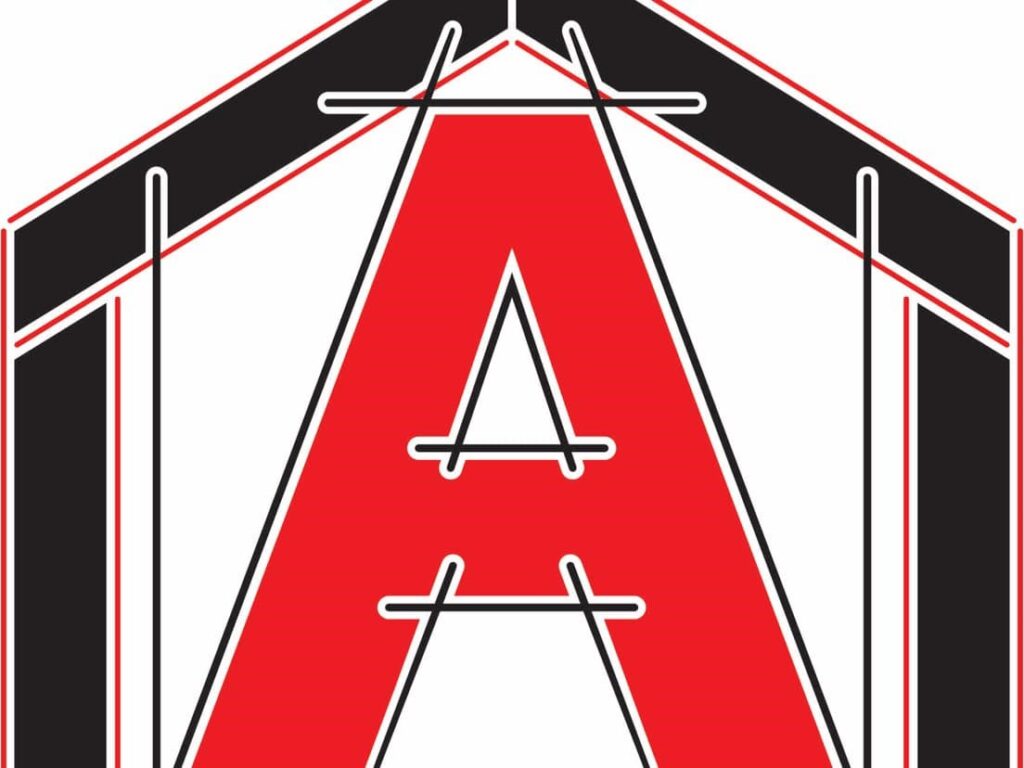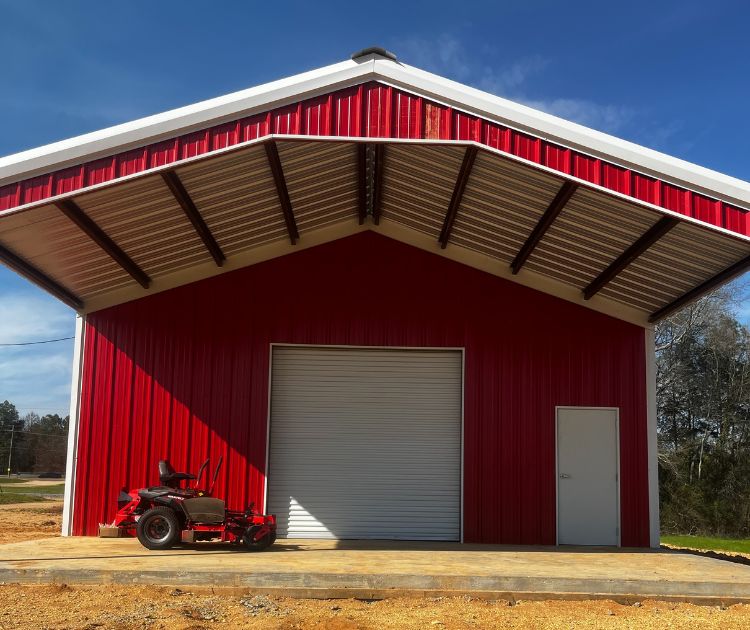Building a home is an exciting journey, but deciding which type of builder to work with can be a daunting task. One of the most important decisions you’ll make is choosing between turnkey home builders and traditional builders. The process you choose will significantly impact your home-building experience, from budgeting to the timeline and overall convenience.
In this article, we’ll break down the differences between these two options to help you make an informed decision.
What Are Turnkey Home Builders?
They provide a full-service experience. This means they manage every aspect of the construction process, from the initial design to the finishing touches. With this type of builder, you essentially get a “turnkey” solution—once the house is complete, you can move in without needing to do any additional work.
What Are Traditional Builders?
Traditional builders, on the other hand, offer a more hands-on approach for homeowners. While they handle the core construction work, many aspects of the project may be left in your hands. For instance, with a traditional builder, you might be responsible for hiring subcontractors for electrical or plumbing work, or even managing certain aspects of the build yourself, such as selecting materials or coordinating timelines.
Key Differences Between Turnkey and Traditional Builders
While both turnkey home builders and traditional builders can deliver high-quality homes, the way they operate is quite different. Below are some key differences:
1. Project Management
With turnkey builders, project management is fully handled by the builder. They coordinate every step, from design and materials to labor and inspections. This offers peace of mind, knowing that professionals are managing every aspect of the build.
Traditional builders, however, require more involvement from you. You may have to act as the project manager yourself, especially when it comes to hiring subcontractors and handling certain permits. This gives you more control, but it can also be overwhelming if you don’t have prior experience managing construction projects.
2. Cost and Budgeting
Turnkey builders typically provide a fixed price for the entire project, which can make budgeting easier. Since everything is included in the initial quote, from materials to labor, you won’t have to worry about unexpected costs. However, this convenience may come at a slightly higher price, as turnkey builders often charge a premium for their all-inclusive service.
With traditional builders, costs can be more variable. You may save money by sourcing materials or subcontractors on your own, but there’s also a risk of going over budget due to unforeseen expenses. Keeping track of spending requires careful planning, and the final cost may not always be clear at the start of the project.
3. Timeline
When working with a turnkey home builder, the project timeline is generally more predictable. These builders work with a predefined schedule and often complete homes faster due to their streamlined process. Since they manage every step, there’s less room for delays caused by coordination issues between different contractors.
Traditional builders may face more delays, especially if you’re responsible for certain parts of the project. For example, if you’re late in sourcing materials or hiring subcontractors, the build could fall behind schedule. While traditional builders can offer more flexibility, they also tend to have more variability in their timelines.
4. Customization Options
Turnkey builders often provide fewer customization options than traditional builders. While they do offer some choices in terms of finishes and materials, their process is more standardized to ensure efficiency. If you’re looking for a completely bespoke home, a traditional builder might offer more flexibility to accommodate specific design preferences.
On the other hand, traditional builders allow for more customizations, but these changes can lead to longer build times and increased costs. If you’re willing to invest more time and effort into the design process, this approach may give you the home of your dreams—but it comes with added complexity.
5. Convenience vs. Control
Perhaps the biggest difference between turnkey and traditional builders comes down to convenience versus control. Turnkey builders offer a hassle-free experience, where you hand over the reins and simply wait for your home to be completed. This is ideal for people who don’t have the time or desire to manage the building process themselves.
Traditional builders offer more control, allowing you to be involved in every detail. However, this comes with added responsibility. You’ll need to invest more time and energy into overseeing the project and managing the various moving parts. If you want to be more hands-on, traditional builders can offer that opportunity, but it’s a more demanding route.
In conclusion
Both turnkey home builders and traditional builders offer distinct advantages depending on what you’re looking for. If you prioritize convenience, predictable costs, and minimal stress, a turnkey solution is likely the better option. However, if you enjoy a hands-on approach, value customization, and have the time to manage your project, traditional builders can offer a more flexible experience. Ultimately, the right choice will depend on your personal preferences, budget, and how much control you want over the process.

